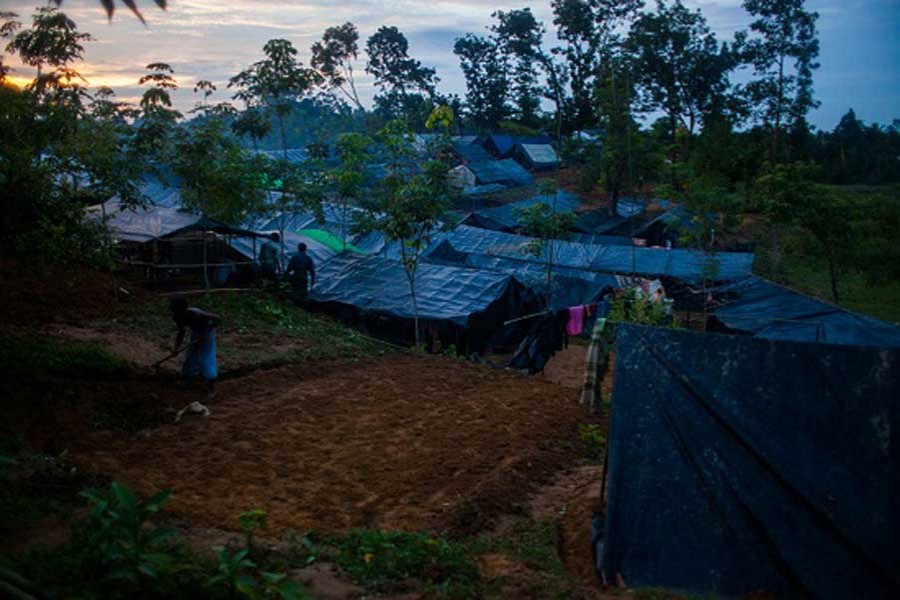More than 700,000 people over the age of one year have been administered oral cholera vaccine in the first phase of a campaign here to protect the newly arrived Rohingya population and their host communities against the deadly diarrheal disease, reports UNB.
“The coverage is commendable as the oral cholera vaccination campaign was planned and rolled out against very tight timelines,” said WHO Representative to Bangladesh Dr N Paranietharan.
The WHO officials said it demonstrates the commitment of the Ministry of Health, Bangladesh, partners on the ground, as well as partners such as GAVI and the International Coordinating Group on vaccine provision, to help secure the health and wellbeing of these immensely vulnerable people.
Meanwhile, Director General of the International Organisation for Migration (IOM) William Lacy Swing urged more support for Rohingyas fleeing Myanmar or he said 'thousands will suffer'.
The United Nations migration agency and its partners are supporting Bangladesh in coordinating assistance for the influx of hundreds of thousands of Rohingyas, including with clean water and sanitation, shelter, food and psychosocial care for the most vulnerable, according to UN News Centre.
The first phase of the oral cholera vaccination (OCV) campaign covered 700, 487 people aged one year and above, 179, 848 of them children aged between one and five years. The campaign was launched on October 10 to cover 650, 000 people.
The second phase is scheduled for early November to give an additional OCV dose to children aged between one and five years, for added protection.
“The campaign has successfully vaccinated nearly 180,000 children aged one to five years. We will organise another round for these children to provide them with a second dose that will better protect them against this dangerous disease,” said UNICEF Representative in Bangladesh Edouard Beigbeder.
The OCV campaign was planned following a risk assessment conducted by the Ministry of Health and Family Welfare, with the support of WHO, UNICEF, the International Organisation for Migration (IOM) and Médecins Sans Frontières (MSF), in late September.
The International Coordinating Group (ICG) on vaccine provision, which brings together WHO, UNICEF, MSF, and the International Federation of the Red Cross (IFRC), released 900, 000 doses of OCV within a day of the Bangladesh government’s request. GAVI provided financial support.
The vaccine arrived in Bangladesh on October 7, just over a week after being released from the ICG stockpile.
WHO, UNICEF and other partners supported the Ministry of Health and Family Welfare to train more than 200 teams of vaccinators and volunteers; prepare micro-plans and monitor the preparations and implementation of the campaign.
The vaccination campaign supplements other preventive measures, such as increased access to safe water, adequate sanitation and good hygiene.
To help improve hygiene, a bar of soap was handed out to each recipient of vaccine.


